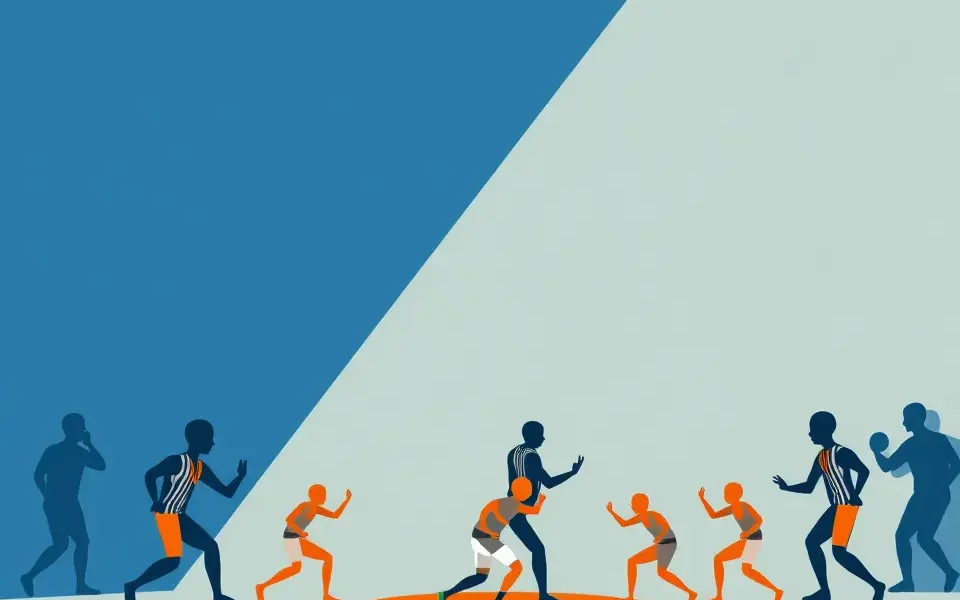The 2025 Italian Open is currently underway, but it’s not just the on-court action that’s generating headlines. Several controversies have erupted, drawing criticism and sparking debate among players and fans alike. Among the most talked-about issues is the perception that world number one Jannik Sinner is receiving preferential treatment, igniting accusations of bias and unfair play.
The Sinner Situation: A Hero’s Welcome or Home-Court Advantage?
Jannik Sinner’s return to the Italian Open after a three-month suspension has been met with overwhelming support from his home crowd. The “Sinnermania” that swept the ATP Finals in Turin last year has clearly carried over to Rome, with fans eager to see their national hero compete. However, this fervent support, combined with the circumstances surrounding his suspension, has led some to question whether Sinner is being given an unfair advantage.
The Doping Ban Controversy
Sinner’s three-month suspension stemmed from two positive tests for clostebol in March 2024. The International Tennis Integrity Agency (ITIA) initially found “no fault or negligence” on Sinner’s part, accepting his explanation that the substance entered his system inadvertently via a spray used by his physiotherapist. However, the World Anti-Doping Agency (WADA) appealed this ruling, arguing that Sinner bore some responsibility for his team’s actions.
Ultimately, Sinner and WADA reached a settlement, resulting in a three-month ban that conveniently allowed him to return at the Italian Open, missing no Grand Slam events. This timing raised eyebrows, with many feeling Sinner was treated too leniently due to his status and the resources at his disposal.
Preferential Treatment?
Adding fuel to the fire is the hero’s welcome Sinner has received in Rome. His open practice session drew a sold-out crowd of 10,500 spectators and was broadcast live on Italian TV. While understandable given his popularity, this level of attention has led some to believe that organizers are prioritizing Sinner’s success above all else.
However, Sinner has also faced some locker room tension. He admitted feeling “uncomfortable” around some players at the Australian Open, sensing they were looking at him differently. Despite this, some players have publicly supported Sinner, with British number one Dan Evans saying the Italian “doesn’t deserve any hate”.
Sinner’s Performance
Despite the controversies, Sinner has been focused on his performance on the court. He acknowledged that it would take time to find his form after the long layoff. Sinner has expressed his happiness to be back playing tennis and is viewing the Italian Open as a crucial warm-up for the French Open.
Sinner is attempting to become the first Italian man to win the Rome title since Adriano Panatta in 1976.
Other Controversies at the Italian Open
While the Sinner situation has dominated headlines, other controversies have also surfaced at the Italian Open:
- Coco Vandeweghe’s Criticism: Tennis player Coco Vandeweghe has criticized the Rome Open organizers, calling their decision regarding match scheduling “absolutely disgraceful”.
- Paula Badosa’s Withdrawal: Paula Badosa withdrew from her scheduled match against Naomi Osaka at the Italian Open 2025 a few hours before they were set to play.
- Alexander Zverev’s On-Court Interview: Alexander Zverev received backlash for his seemingly rude response during an on-court interview in Rome.
- Alex de Minaur’s Spat with a Spectator: Alex de Minaur got into a spat with a spectator at the Italian Open.
- Holger Rune’s Criticism of Court Conditions: Holger Rune criticized the court conditions at the Italian Open.
- Marta Kostyuk vs. Aryna Sabalenka: Marta Kostyuk raised concerns about fair play after Aryna Sabalenka stopped play mid-rally during their match at the Madrid Open.
- Arthur Fils vs. Stefanos Tsitsipas: Arthur Fils and Stefanos Tsitsipas had a heated discussion at the net after their match, requiring the umpire to step in.
These incidents highlight a range of issues, from scheduling conflicts and player behavior to court conditions and sportsmanship.
Fair Play and Equal Treatment: The Core of the Issue
Underlying many of these controversies is the fundamental principle of fair play. Players expect to be treated equally, with consistent application of the rules and consideration for their well-being. When these expectations are not met, frustration and accusations of bias can quickly arise.
Tournament organizers face the difficult task of balancing the interests of star players, sponsors, and fans while ensuring a level playing field for all competitors. Transparency in decision-making and a commitment to fairness are essential to maintaining the integrity of the sport.
As the Italian Open progresses, it remains to be seen how these controversies will be resolved. However, the discussions they have sparked serve as a reminder of the importance of upholding the principles of fair play and equal treatment in professional tennis.








No Comment! Be the first one.